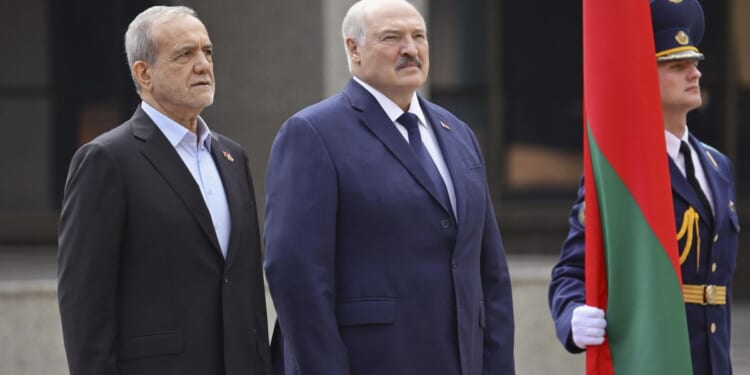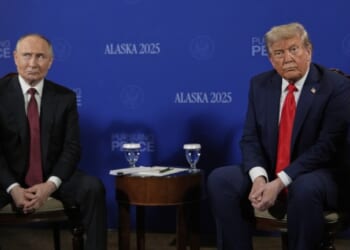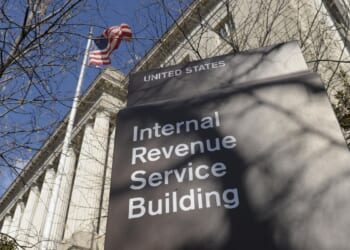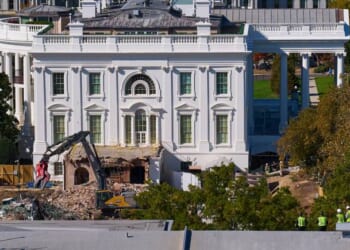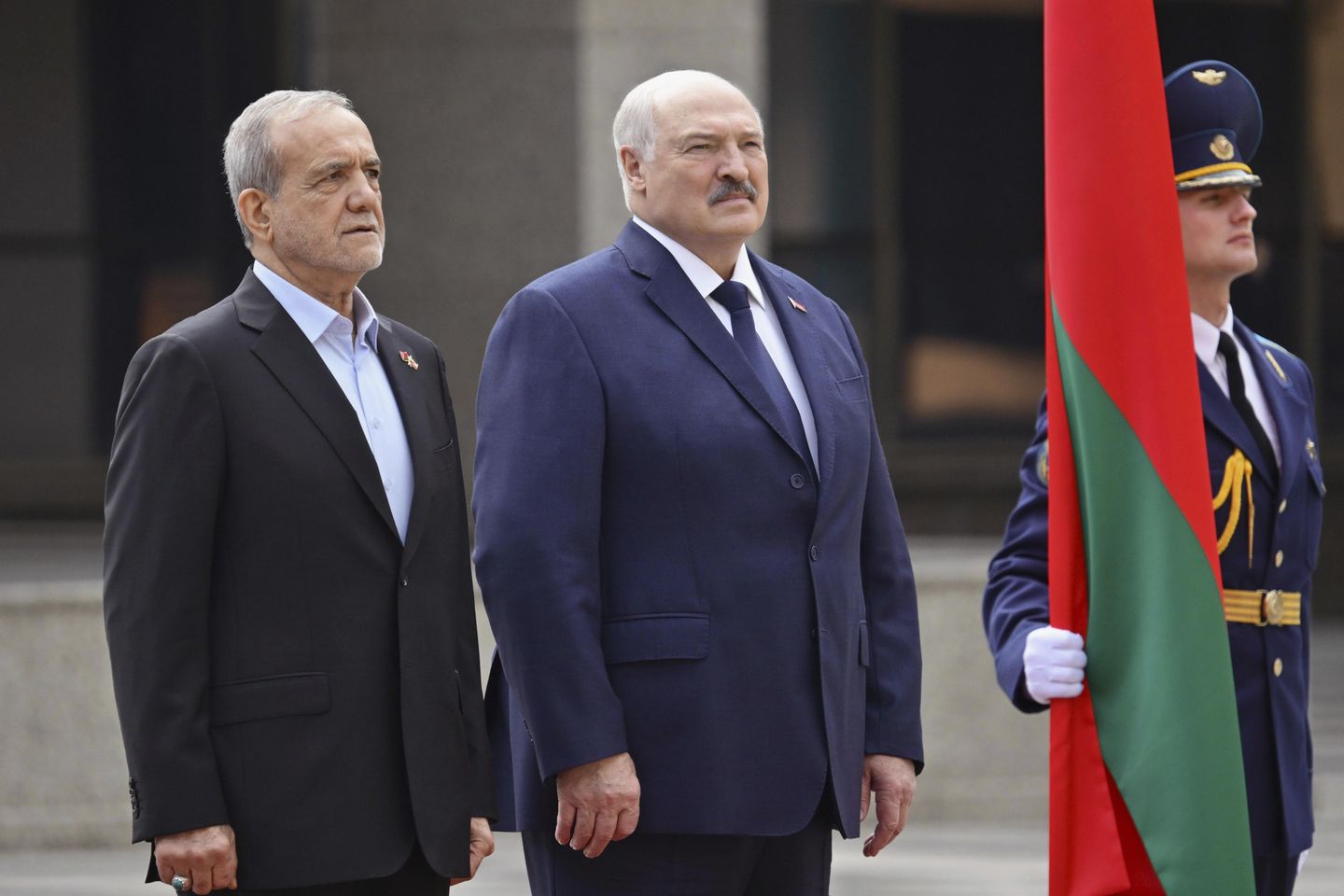
Iranian officials met with representatives from Belarus and Turkey this week as Tehran looks to expand its circle of allies to circumvent the effects of Western sanctions.
Iranian Deputy Foreign Minister Saeed Khatibzadeh met with Belarusian Foreign Minister Maxim Ryzhenkov in Minsk on Wednesday and ironed out plans for further talks and reaffirmed Tehran’s desire to increase collaboration with Belarus.
The two diplomats also confirmed an upcoming visit to Tehran for Belarusian President Alexander Lukashenko. Iranian President Masoud Pezeshkian met with him in Minsk earlier this year.
Mr. Khatibzadeh also met with Oleg Makarov, who leads the Belarusian Institute for Strategic Studies. The two agreed to host regular meetings among expert researchers from both nations to foster information exchanges.
Last week, Belarus and Iran agreed to enhance their military and industrial cooperation as Western nations ramp up sanctions pressure.
Meanwhile, Iranian Interior Minister Eskandar Momeni hosted Turkey’s Deputy Interior Minister Munir Karaloglu in Tehran, where the two discussed expanding Iran and Turkey’s diplomatic ties. They agreed to continue collaboration on border control.
Meanwhile, Mr. Momeni shared Ankara’s criticism of the Israeli attacks on Iran’s nuclear infrastructure in June.
Both meetings this week are part of Iran’s efforts to bolster its diplomatic ties to its allies following the reintroduction of U.N. Security Council-backed sanctions, meant to limit Iran’s ability to rebuild its military infrastructure.
In addition to talks with Belarus and Turkey, Tehran has moved publicly closer to Russia and China.
This month, Iran announced the activation of the Treaty on Comprehensive Strategic Partnership, which promises collaboration on defense, finance and energy with Russia.
China, one of the Islamic Republic’s longest-standing business partners, also seems poised to assist Tehran in surviving sanctions. The Chinese buy billions of dollars’ worth of Iranian oil each year, with recent estimates suggesting that new sanctions will do little to stem the flow.
New reports suggest Iran has purchased 2,000 tons of sodium perchlorate, a key ingredient in the production of missile propellant, from China this year. Analysts say the material purchases are part of Iran’s efforts to rebuild its ballistic missile stockpile, which was depleted during the June war.

